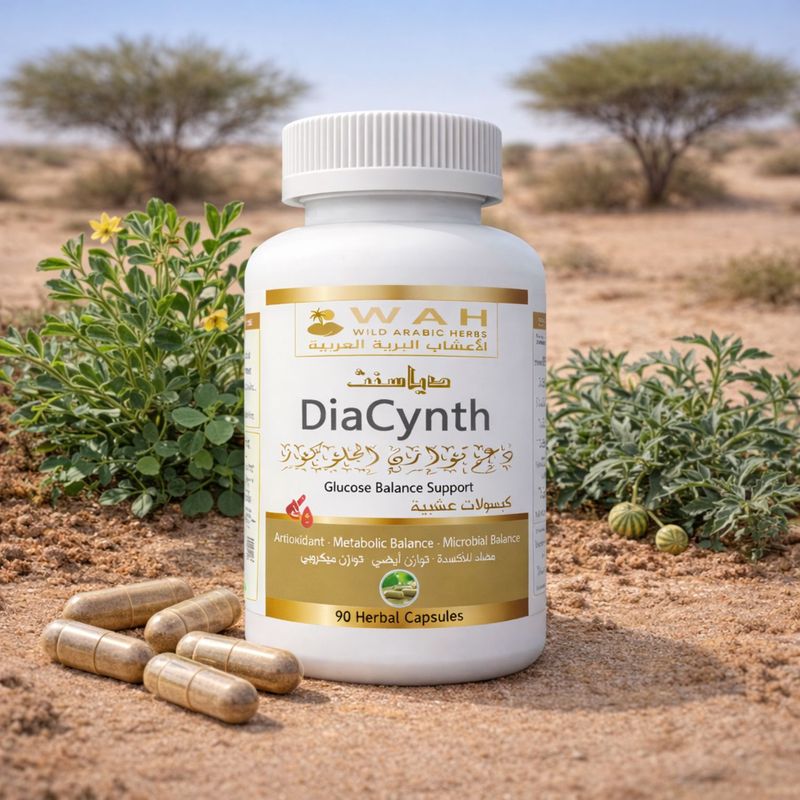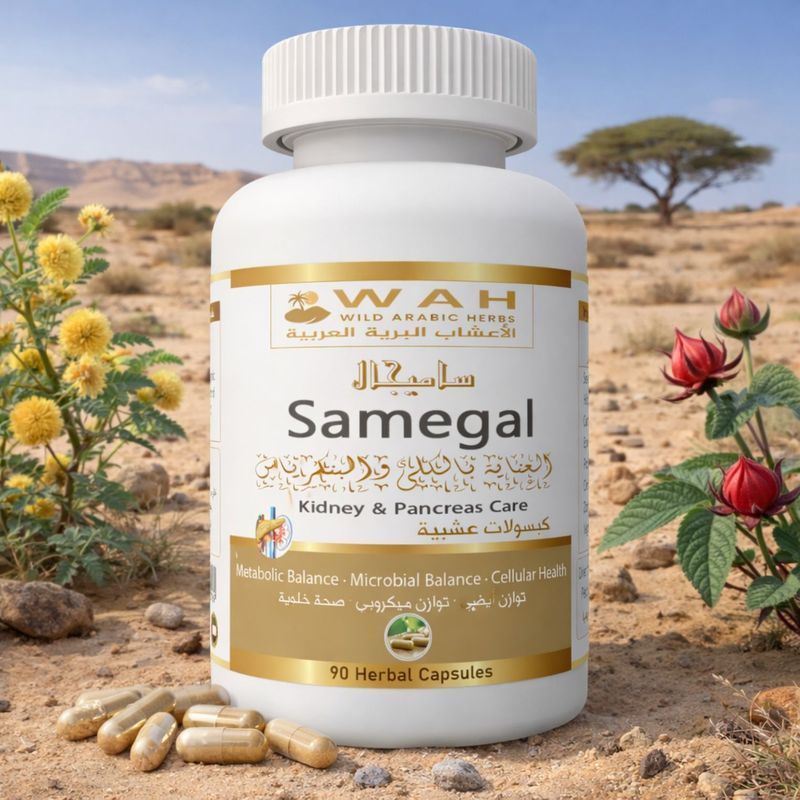Diabetes Care
The Potential of Desert Plants in Supporting Patients with Type 2 Diabetes
Type 2 Diabetes Mellitus is among the most prevalent metabolic disorders worldwide, with profound implications for global public health. It is characterized by chronic hyperglycemia resulting from insulin resistance in peripheral tissues and/or relative insulin deficiency due to impaired pancreatic β-cell function. This progressive condition is influenced by genetic, environmental, and lifestyle factors.
Health Complications
If not properly managed, type 2 diabetes leads to multiple chronic complications, including:
- Cardiovascular diseases (atherosclerosis, hypertension, heart failure),
- Increased risk of stroke,
- Diabetic retinopathy and vision impairment,
- Diabetic nephropathy and kidney failure,
- Peripheral neuropathy and other microvascular complications.
These comorbidities make type 2 diabetes a chronic condition that requires an integrated therapeutic approach, extending beyond blood glucose regulation.
The Role of Desert Plants
Desert plants, adapted to survive under extreme climatic conditions, produce bioactive compounds with properties that are:
- Hypoglycemic (help regulate blood sugar levels),
- Antioxidant (reduce oxidative stress, a key driver in diabetes progression),
- Anti-inflammatory,
- Insulin-sensitizing,
- Protective of pancreatic β-cells.
These effects give desert plants a high phytotherapeutic potential in supporting patients with type 2 diabetes and reducing the long-term complications associated with the disease.
While type 2 diabetes remains a major global health challenge, the integration of desert plant–based phytotherapy into contemporary approaches offers an innovative, natural, and evidence-based strategy. This approach not only supports metabolic control but also contributes to improved quality of life and the prevention of long-term complications in patients living with this chronic condition.




